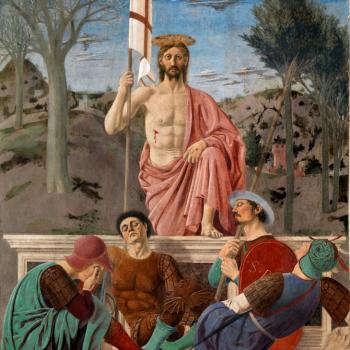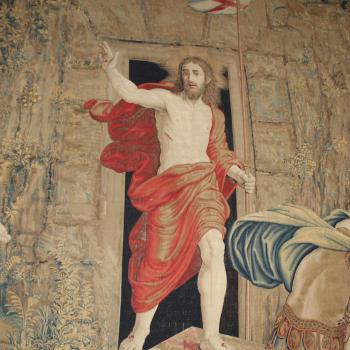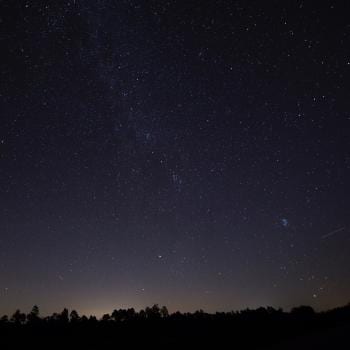In the Footsteps of St. Francis and St. Clare: Taking the First Steps
On my way to Logan Airport to meet a group of pilgrims headed for Assisi in mid-September, I noted a sign that announced, “After you die, you will meet God.” While I understand the billboard’s eternal warning, it reflects a partial and perhaps harmful theological perspective. Mystics often look toward eternity, but they also find God’s presence in the maelstrom of daily life. Time is a moving image of eternity. The “whole earth is full of God’s glory” and “the heavens declare the glory of God.” I’m off to follow in the footsteps of St. Francis and St. Clare, whose faith was both heavenly-minded and earthly-good.
As I began the pilgrimage, I pondered Francis’ and Clare’s counter-culture spirituality. Both Clare and Francis abandoned materialism and consumerism to discover a deeper materialism, looking toward God and loving the earth. In the world of Francis’ “Canticle of the Creatures” (or “Canticle of the Sun”), God is all things and all things are in God. Despite his austerity, Francis experienced divinity in sun, stars, moon, birds, wolves, and even in death and dying. Francis was visited by the stigmata of the crucified Christ in later life. But, even the stigmata reflected the importance of embodiment. Clare sought simplicity and rejoiced in holy poverty as a way of experiencing God first-hand in the world of relationships. Both mystics believed that God comes to us in the world of the flesh; God suffers with us in the world of relationships; and God promises physical-spiritual transformation with the promise of resurrection.
For Francis and Clare, the embrace of poverty was not a flight from the world, but a way of letting go of everything that stands in the way of us embracing God in this holy here and now.
As I follow the footsteps of Francis, I am challenged to consider: How can I as a privileged person, home owner, economically advantaged, join austerity with affirmation, and simplicity and celebration? How can I love God in the world of the flesh, while caring for the bodies of others, and simplifying my life so others may simply live? How do I let go of privilege while sustaining a lifestyle appropriate to my time of place? Can I embrace a mysticism of letting go, earth affirming, yet ascetic, living gracefully and gratefully, and enjoying life, while not holding on to pathways of consumption and possession?
(Bruce Epperly is a pastor, theologian, spiritual guide, teacher, and author of over forty five books, including “The Mystic in You: Discovering a God-filled World” and “Becoming Fire: Spiritual Practices for Global Christians”)
















